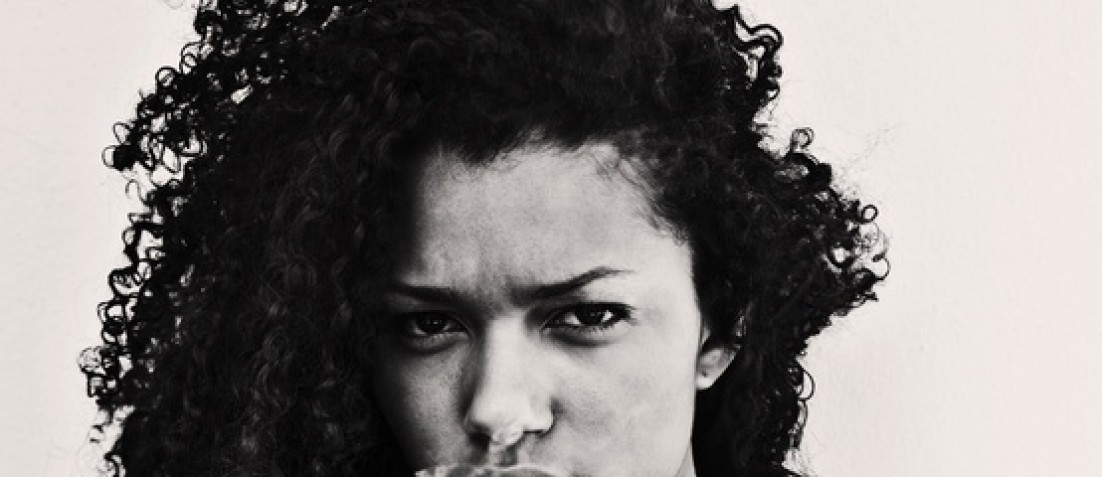Heita!
Starting Friday off on a good note and I’m feeling very patriotic, so I thought I might hook up a little entertainment for you all by chronicling some of South African language’s more unique little gems.
Few people realise just how much of our everyday language is actually peppered with little uniquely South African terms and phrases.
These originate from a mix of “Afrikanerisms”, “funagalore” which was used in the mines to make sure workers who spoke different languages could communicate and a number of African (Zulu, Xhosa, KhoiSan etc.) languages.
Lets start with the more obvious bits and pieces…
- Lekker – An Afrikaans word, literally translated means a sweet or candy. However, instead, lekker is used to mean “nice”, “awesome” or “two thumbs up” (showing complete approval). A supermodel can be lekker and a song can have a lekker beat. You can have a lekker drink and if a South African had invented Facebook, the ‘Like’ button would have said ‘Lekker”. For example, the title of this post could have said, “Local is Lekker”. Got it? Lekker!
- Hau/Hawu – This portrays total disbelief. It can be reinforced by “Haibo”, which loosely means “No ways”, “Not a change”, “Absolutely not”, “Did you just do that!?”, “Can you believe they just did that??”…you get the idea. For maximum effect, start with Eish and then move to Haibo. (Eish is an interjection expressing resignation). Variations of this inlclude the following: ‘Jo!”, “Yoh!”

- Jislaaik – An expression of suprise and a variation on the above. This can be both negative and positive and is most often used when you get a fright but equally often during exciting parts of movies/sports games etc.
- Bliksem – Well basically this means to beat the crap out of something, simple. If someone (especially someone wearing khaki shorts and driving a bakkie) says they are going to bliksem you, stop doing whatever you were doing and a) run away, b) apologize and offer to buy them a drink or c) say something about their mother…then run away. If you opt for option c, you might run the risk of being “donnered”, which is the act of blikseming someone.
- Chana – Pronounce “china”, this generally means ‘dude’ or ‘my mate’. It might be best not to use this if you are not a local, since not only might you run the risk of saying it wrong and exposing yourself, but you might also be expected to further say things like: “China, I smaak this tune stukkend!” (My dear acuaintance, I find this song terrifically delightful and uplifting)
- Awe – Pronounced “Aaah-where” without the ‘R’, this has many uses. Hello, goodbye and yes are a few. This can be compare to Howzit, Hoesit and Yo. “Howzit/Hoesit” is a national greeting and you can feel free to use it on anyone, regardless of race or culture.
- Mos – From the Afrikaans, this implies that whatever has been said is obvious. In the informal, the closest English equivalent would be “duh!”. Usually used at the end of a sentense, like “you know mos…”

- Boer – Literally meaning “farmer” in Afrikaans, most South Africans use the word to indicate people of Afrikaans descent. Mentions of the word are usually accompanied by the words, “Bakkie” and “Khaki”. A ‘bakkie’ is a utility truck or a pick-up truck to the rest of the world and can be found in the garage of a ‘boer’.
- Naartjie – Also from Afrikaans, meaning a tangerine, mandarin or satsuma. Basically, any peelable orange-coloured citrus fruit with neat segments. Often used to throw at the TV when frustrated with the referee’s decisions.
- Make a Plan – Though it might seem pretty obvious that it means essentially planning, this is a tad too literal. In SA, when this is said, no one is actually planning anything and there will be no mindmaps drawn up. This, to locals, simply means they will deal with it. That usually means doing nothing and wiating for something to change the situation first. This is true except when the phrase “n Boer maak n plan” is included, in which case the problem will most definately be solved, and the solution will most likely involve brute force and a bakkie or two.
- Mission – You don’t need to spend a lot of time around South Africans to hear them say they are on a mission. No fears, this has nothing to do with the military or special forces,. They may even refer to “missioning” somewhere, but this just means they are doing something or going somewhere to do something. they might just be going to fill up their car or to buy a few beers. whatever it is, they are on a mission!
- Laaitie – Pronounced “lighty”, this refers to a younger person, especially of the male sex, such as a younger brother or a son.

- Biltong – Dried meat, similar to the American version, Jerky”, but far, far tastier…In fact, lets not even think of comparing the two.
- Babelaas – Hangover. Nuff said.
- Bra/Bru – A term of affection for a friend. Shortened from the Afrikaans word “broer” which means brother. e.g. Howzit my bru, howzit?
- Chommie/Chomma – Refers to a friend, (comparable to the English ‘chum’), used mainly by the African and Coloured races and mainly by the females. Males will most likely prefer ‘bra’ as explained above. Can also be spelled tjommie. Apparenltly, this also refers to the perineum area between the vagina and anus…uhm (o_O).
- Yebo – Means yes. Yebo, just that.
Shap guys… Have a fabulous Friday!


